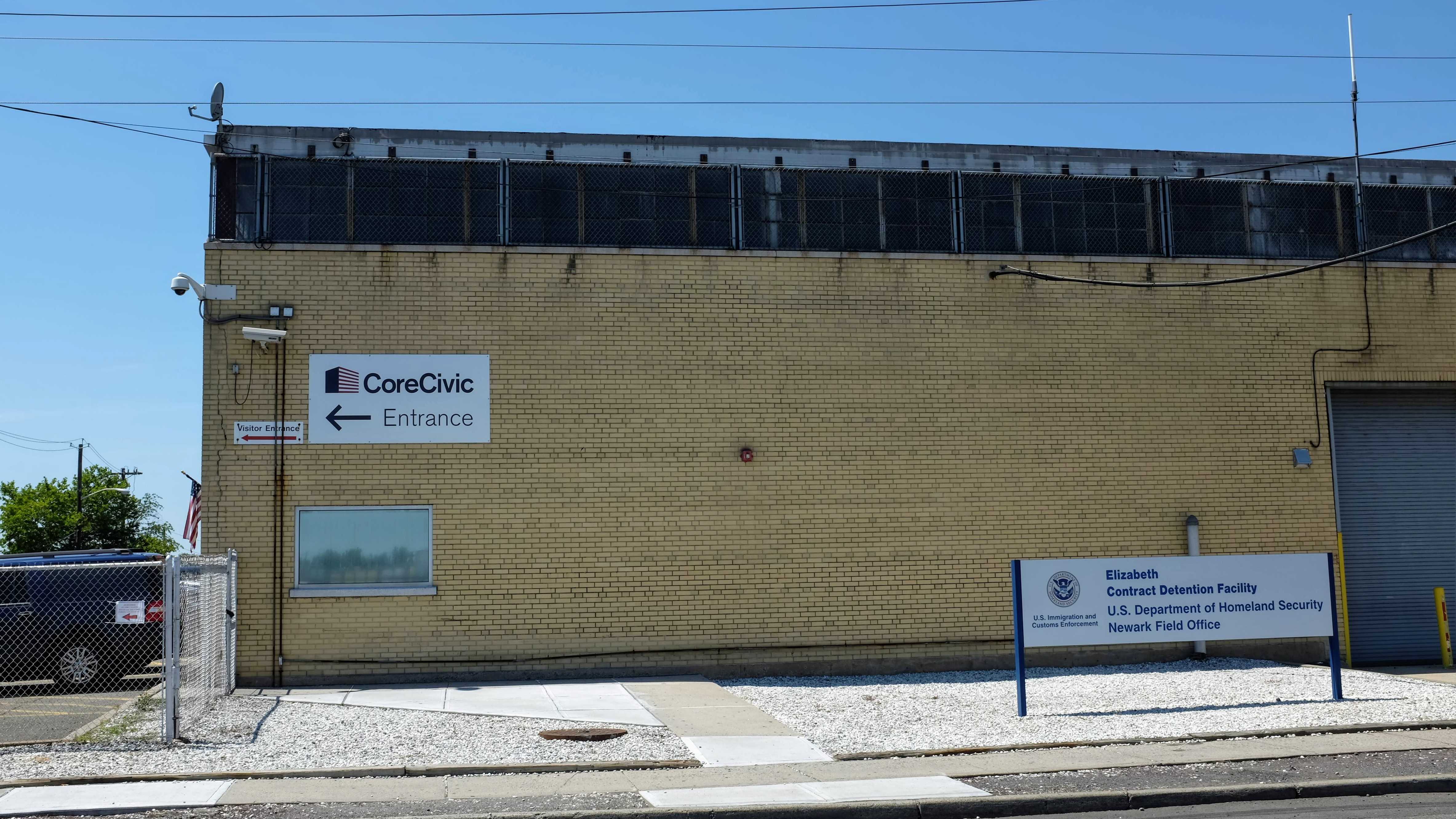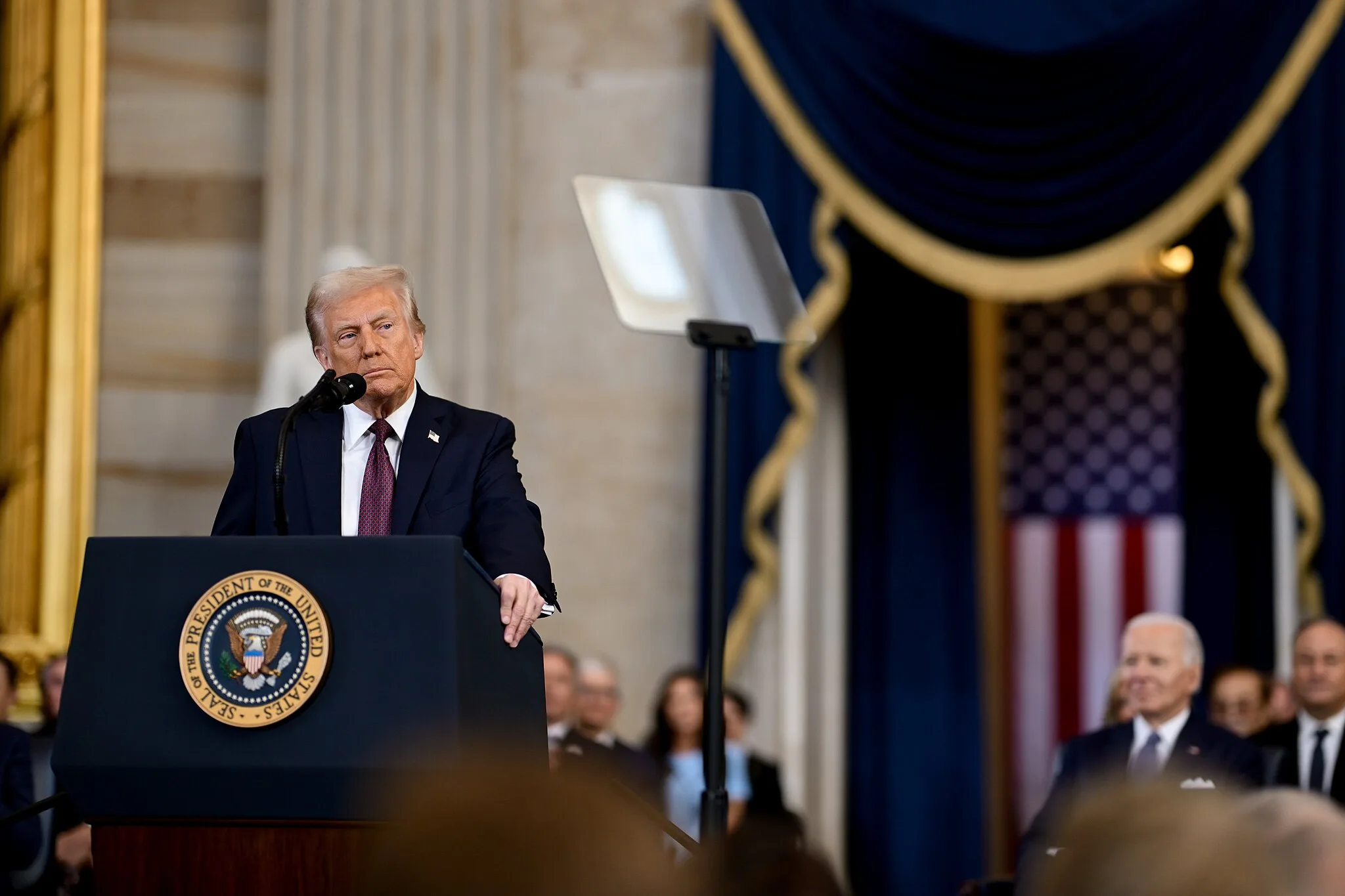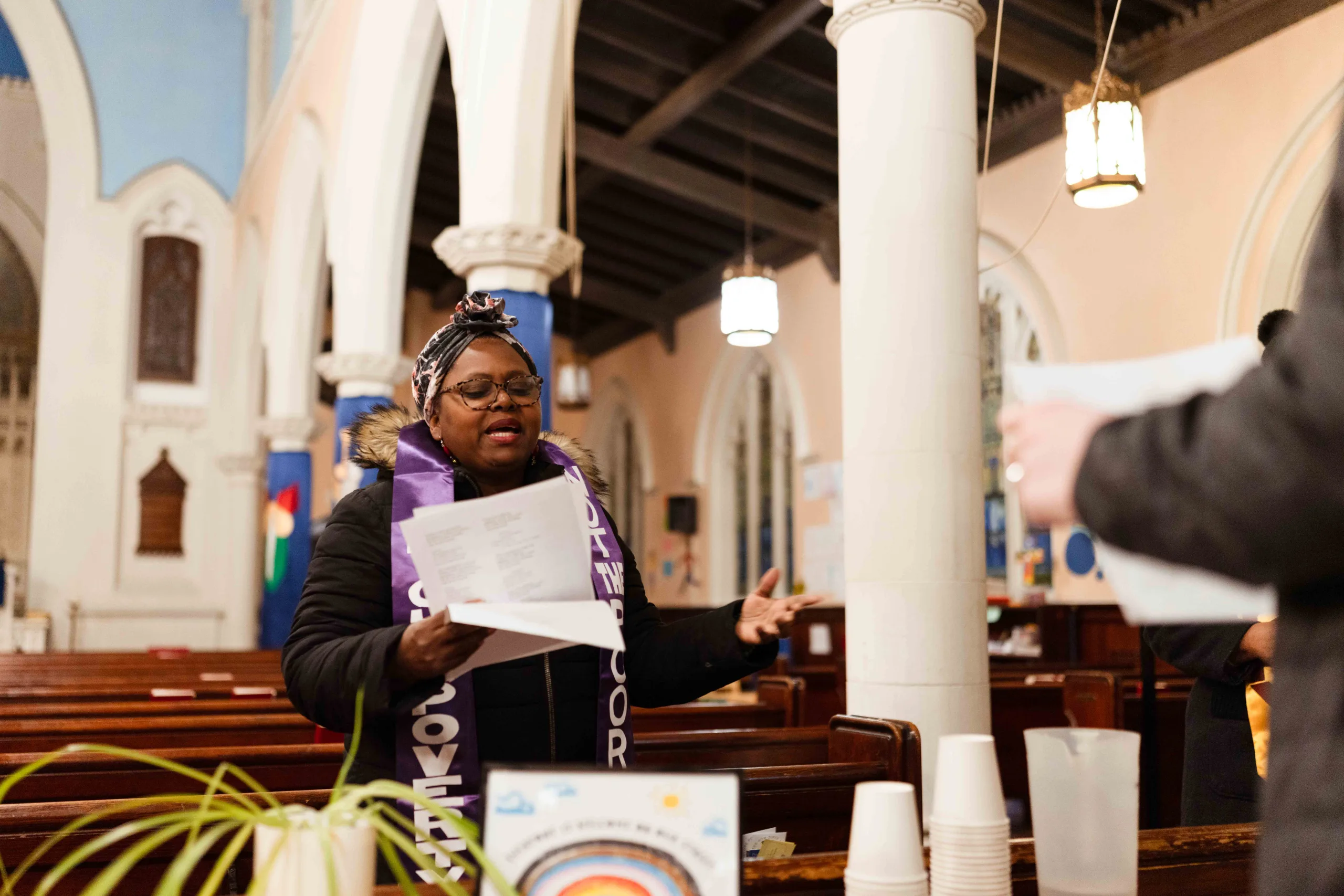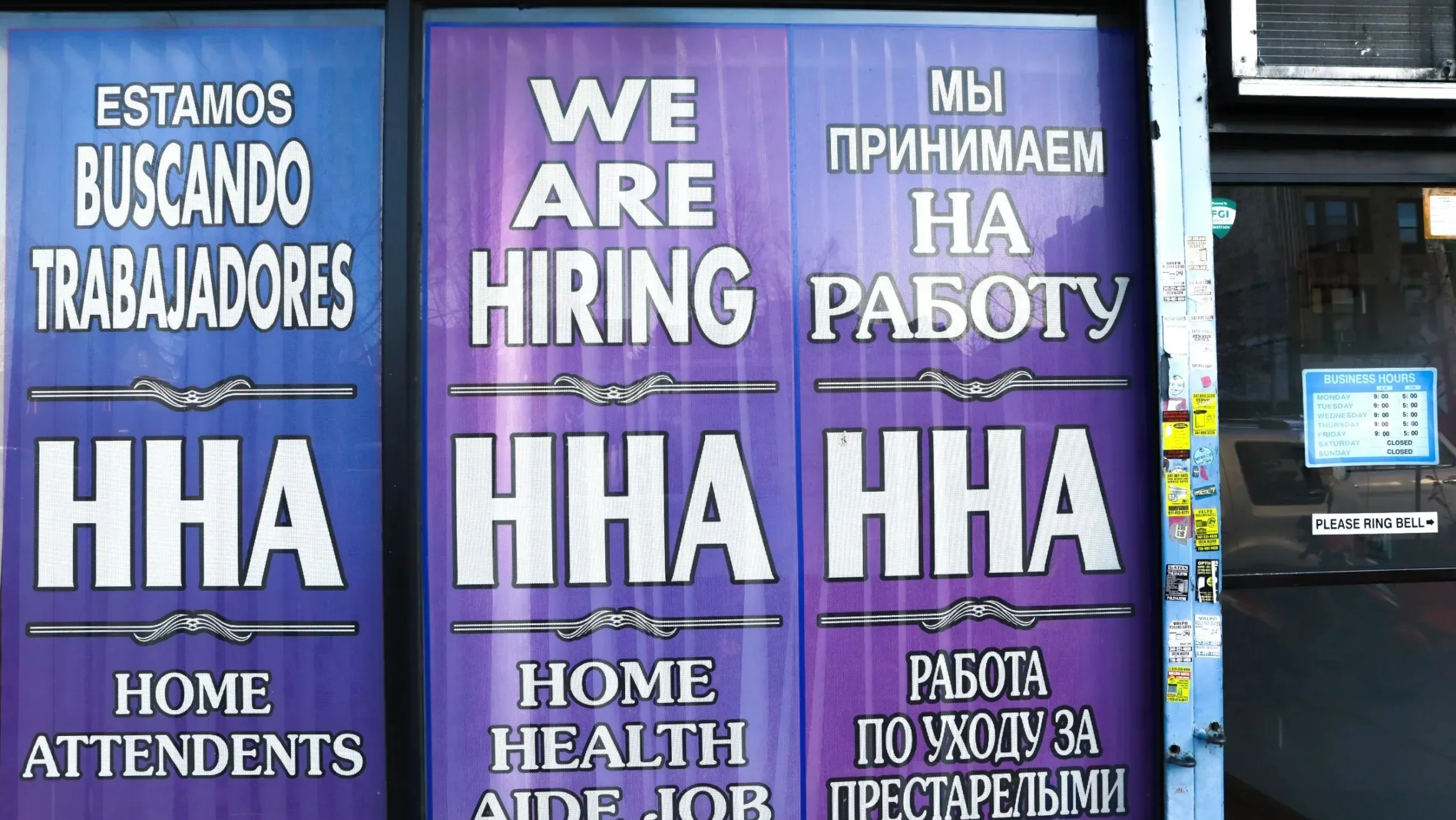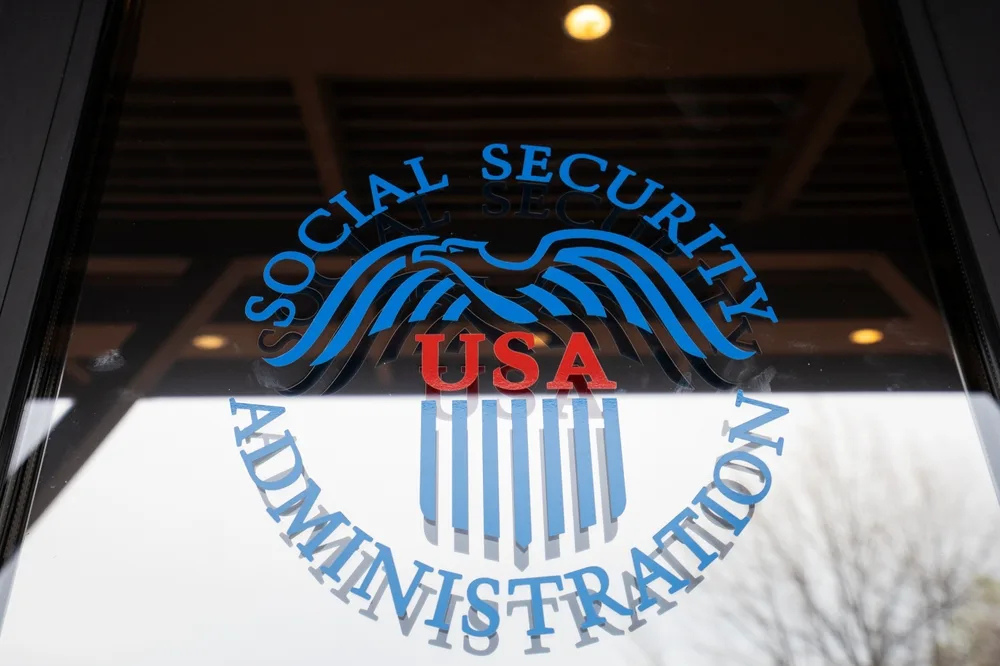Several investment banks, including J.P. Morgan Chase, bet big on the profitability of immigration detention earlier this year when they decided to extend a $1 billion credit line to private prison company CoreCivic.
In August, the private prison company filed a report with the U.S. Securities and Exchange Commission, stating that they were extending a loan agreement with several different investment banks and funds including J.P. Morgan Chase Bank, Sun Trust and Citizens Bank among others. The agreement signifies a vote of confidence on behalf of the banks, that the private prison company – which alongside Geo Group, holds most of the country’s immigrant detainees – will turn a profit.
The previously unreported filing was provided to Documented by Make The Road, an immigrant advocacy group based in New York that has been researching the financial institutions that support the private prison industry for an advocacy campaign.
CoreCivic and Geo Group are the two largest recipients of federal contracts to house immigrant detainees. About 71 percent of all immigrants held by Immigrations and Customs Enforcement are detained in facilities owned and operated by private companies, according to data uncovered by the National Immigrant Justice Center. The federal government pays a day rate for housing each immigrant, which is generally around $120.
CoreCivic and Geo Group are highly reliant on loans to function and expand, according to a report from Make The Road, The Center for Popular Democracy and Enlace, a group that advocates for private prison divestment. In 2017, nine out of ten dollars CoreCivic had on hand were borrowed from banks, while 19 out of 20 dollars Geo Group had on hand were also borrowed according to the report. J.P. Morgan is the largest lender for both companies, holding $167.5 million in debt, which is 62 percent more than the next lender.
“This is their business model, it relies heavily on debt,” said Daniel Altschuler, Director of Civic Engagement and Research at Make the Road New York. “These banks are functioning as a lifeline, a crucial ingredient for these companies’ expansion.”
The SEC loan documents were filed just two weeks after the “zero tolerance” policy was announced.
In recent earnings calls, CoreCivic and Geo Group executives said they believe their future business prospects are healthy and they will continue to win lucrative contracts with the federal government. Several policies like the rescinding of Temporary Protected Status and DACA will create new populations of immigrants with tenuous legal status and may end up in detention. The shift from the “zero tolerance” policy to family detention will also put more bodies in privately owned detention centers.
Several advocacy groups in the New York area, including Make The Road, have banded together for a campaign called “Backers of Hate,” which includes research into the financial institutions behind private prisons and in-person political actions. The next action will happen this Tuesday in Midtown Manhattan.
